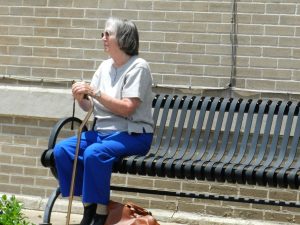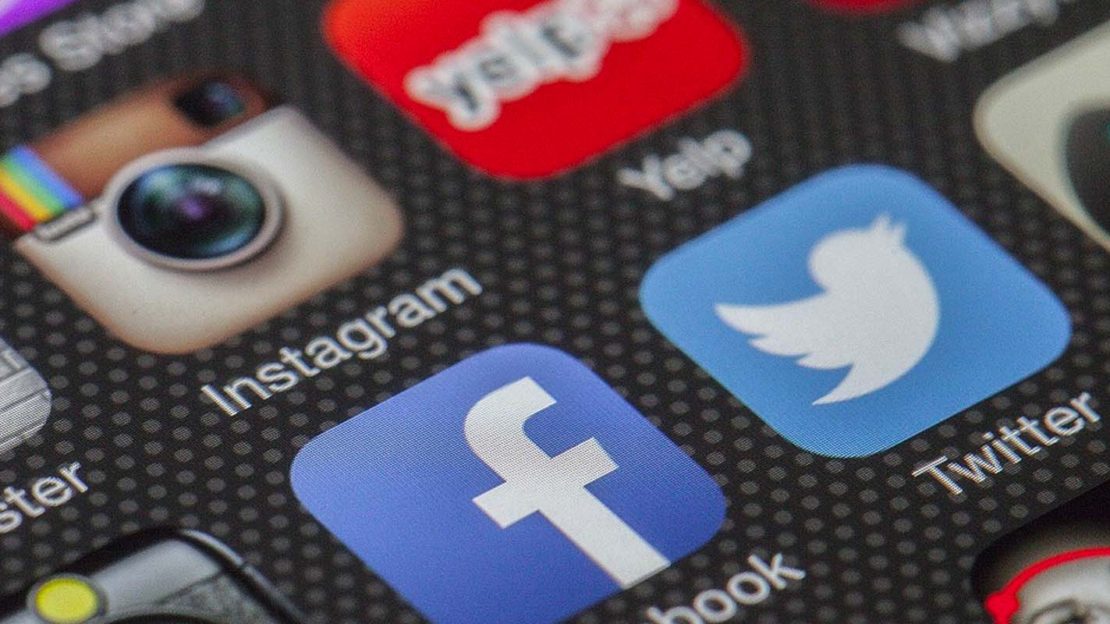 Rhode Island is home to over 80 certified Medicare and Medicaid nursing homes which provide a vital service to elderly and disabled patients. These facilities contain over 8,500 resident beds, 90% of which are full. As an injury law firm advocating for elder abuse victims who have incurred a personal injury in a nursing home, at Tapalian Law we find it unsettling that a recent review by the U.S. Department of Health and Human Services found 33 states failed to report incidents of potential abuse or neglect in skilled nursing facilities, as required by Federal Law. The probe discovered more than 1 in 4 cases of possible nursing home abuse allegedly went unreported to police.
Rhode Island is home to over 80 certified Medicare and Medicaid nursing homes which provide a vital service to elderly and disabled patients. These facilities contain over 8,500 resident beds, 90% of which are full. As an injury law firm advocating for elder abuse victims who have incurred a personal injury in a nursing home, at Tapalian Law we find it unsettling that a recent review by the U.S. Department of Health and Human Services found 33 states failed to report incidents of potential abuse or neglect in skilled nursing facilities, as required by Federal Law. The probe discovered more than 1 in 4 cases of possible nursing home abuse allegedly went unreported to police.
Federal Law requires immediate notification of instances of physical or sexual abuse against nursing home patients. Nursing homes should be a comfort to residents who need the medical care, daily assistance, and social opportunities offered by these types of facilities. A nursing home shouldn’t be a frightening experience fraught with elderly abuse and neglect. Tapalian Law is a personal injury law firm helping victims of nursing home neglect and abuse and their families. We realize that nursing homes are a critical element in the lives of many Rhode Island residents and provide a vital service to elderly or disabled patients and their loved ones.
Report Findings by Department of Health and Human Services
 Rhode Island Accident Lawyer Blog
Rhode Island Accident Lawyer Blog



